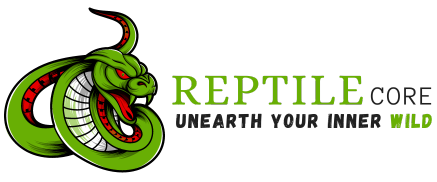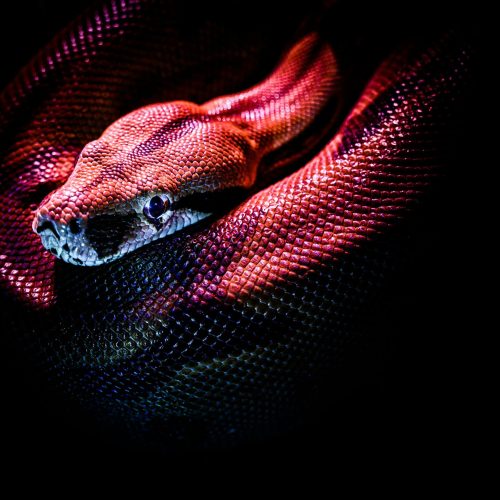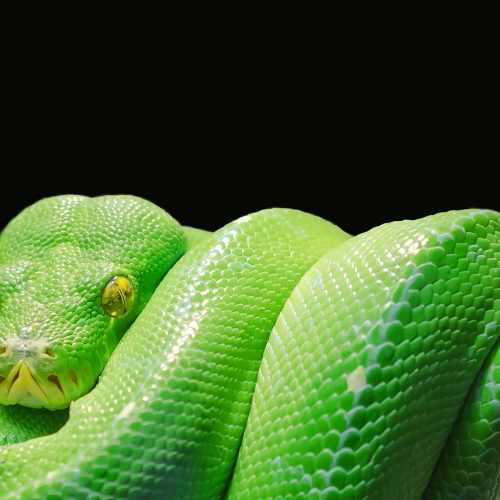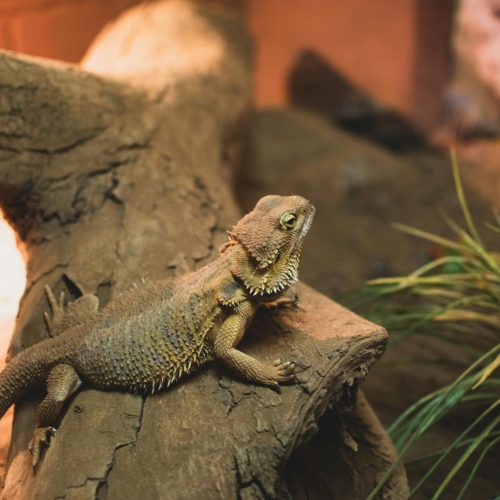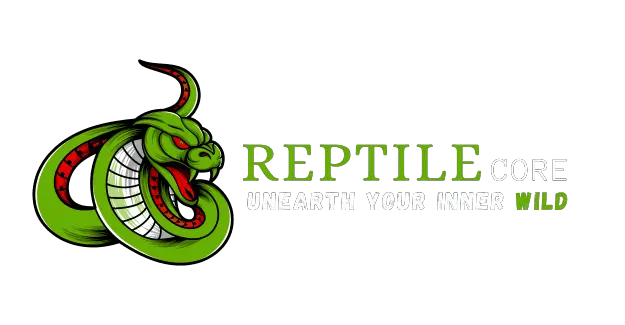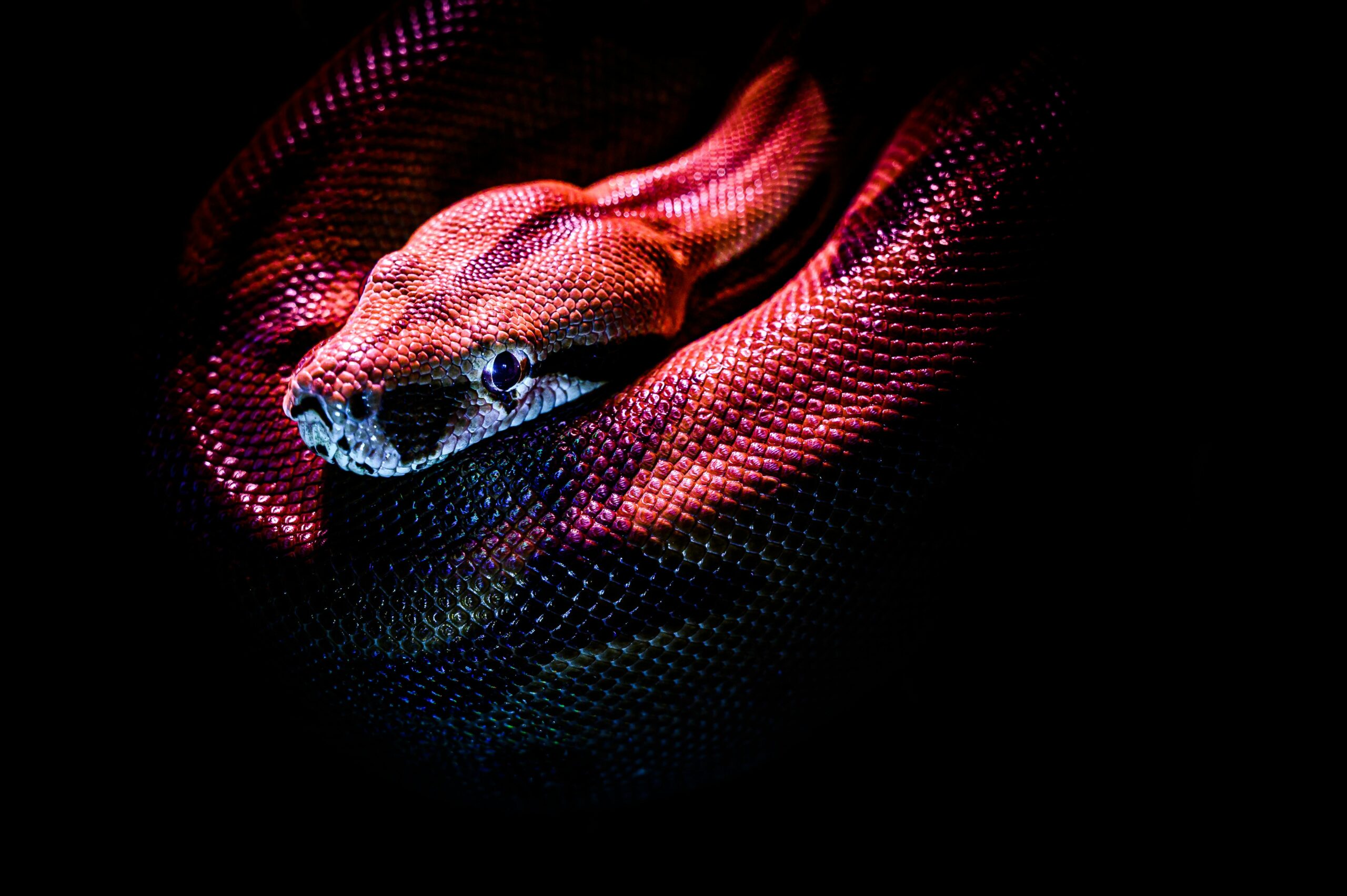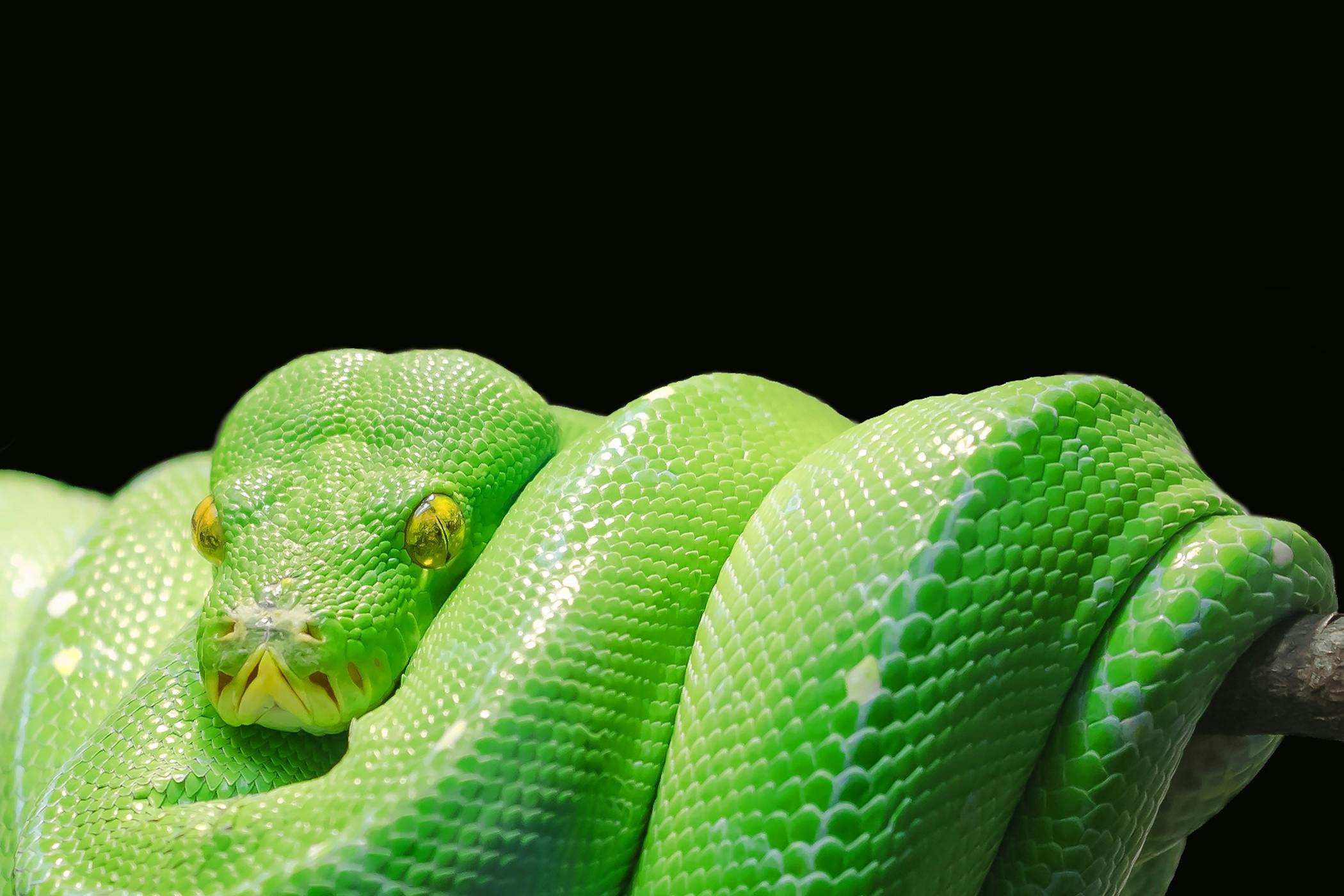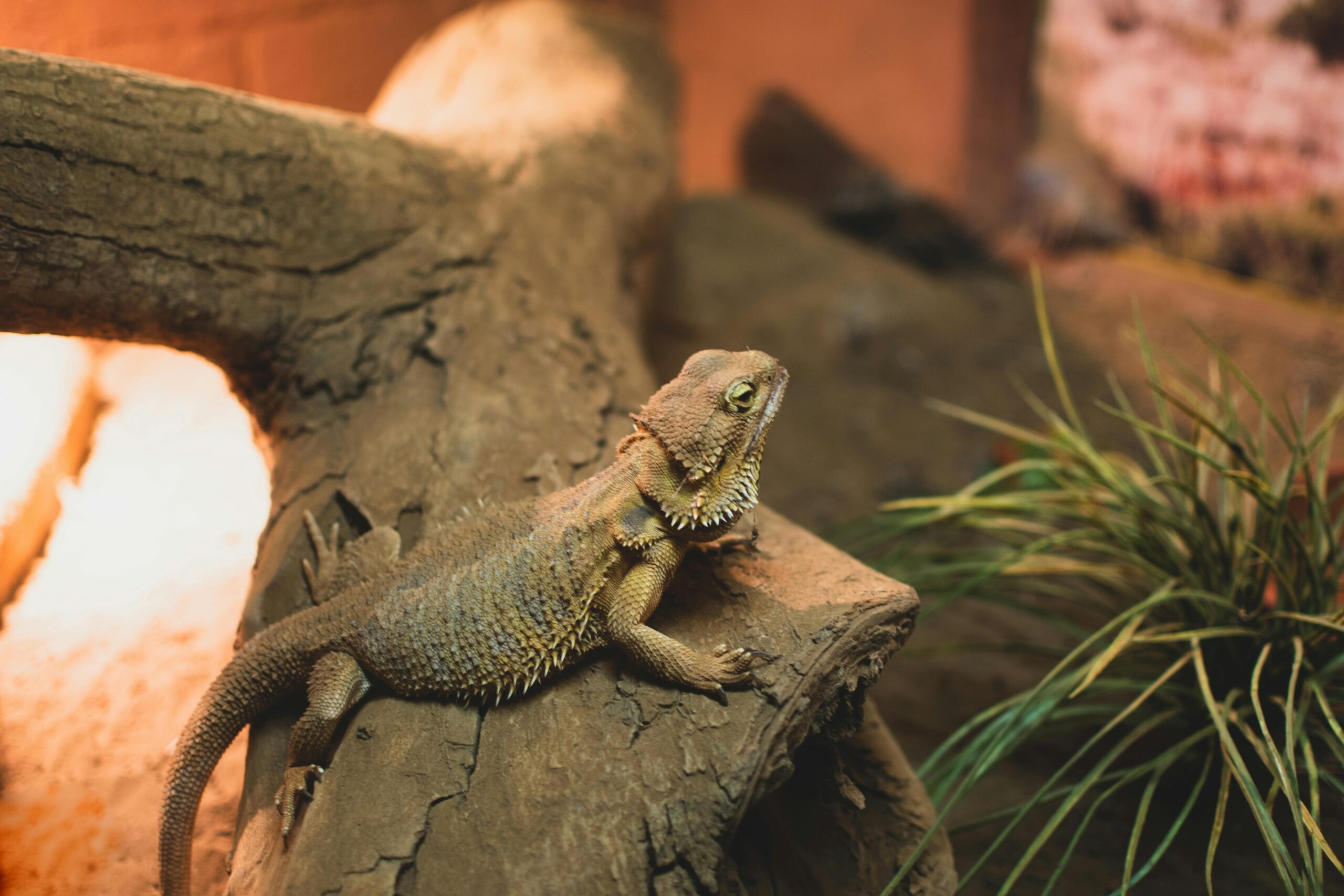Maintaining a well-balanced diet is crucial for the overall health of your bearded dragon. This guide introduces superworms as a potential feeder insect, highlighting their nutritional benefits. While superworms can be a valuable addition, moderation and careful feeding practices are essential.
Ensuring a balanced and varied diet is key to promoting the optimal health and well-being of your beloved reptilian companion. In this discussion, we’ll delve into the specifics of incorporating superworms responsibly into your bearded dragon’s feeding routine.
Nutritional Benefits Of Superworms
Superworms offer significant nutritional benefits, primarily due to their high protein content. Protein is a vital component in supporting the growth and development of your bearded dragon. This nutrient is essential for muscle development, immune system function, and overall energy.
Incorporating superworms into your dragon’s diet provides a valuable source of quality protein, contributing to their overall health and vitality. However, it’s crucial to balance their intake with other nutrients to ensure a well-rounded and diverse diet for your reptilian companion.
Good Sources Of Healthy Fats
In addition to their high protein content, superworms serve as a good source of healthy fats, providing essential energy for your bearded dragon. These fats are crucial for various bodily functions, including maintaining skin health and supporting organ function. Furthermore, superworms are rich in vitamins and minerals, contributing to your dragon’s overall well-being. The combination of healthy fats, vitamins, and minerals makes superworms a nutritious addition to your dragon’s diet, promoting a balanced and comprehensive nutritional profile essential for optimal health.
Right Quantity of Superworms
Determining the right quantity of superworms for your bearded dragon involves a thoughtful approach. Size matters—adjust portions based on your dragon’s size to ensure they receive adequate nutrition without overfeeding. Follow frequency guidelines for offering superworms; typically, 2-3 times per week is recommended, with adjustments based on age and health. Monitor your dragon’s response closely; observe their behavior, digestion, and overall well-being.
If your dragon displays any adverse reactions or discomfort, consider modifying the feeding routine. Regularly assessing their response to superworms is essential for maintaining a healthy and balanced diet. Consulting with a reptile veterinarian can offer personalized advice on the appropriate quantity and frequency, ensuring your bearded dragon thrives on a well-managed feeding regimen.
Overfeeding Superworms Risk
Overfeeding super worms poses potential risks to your bearded dragon’s overall diet balance. While these feeder insects offer valuable nutrients, an excess may disrupt the delicate balance required for optimal health. Overreliance on superworms can lead to nutritional imbalances, potentially causing obesity and other health issues. It’s crucial to maintain moderation and ensure a varied diet by incorporating other feeders, vegetables, and fruits to safeguard against potential risks associated with overfeeding superworms.
Possible Health Issues
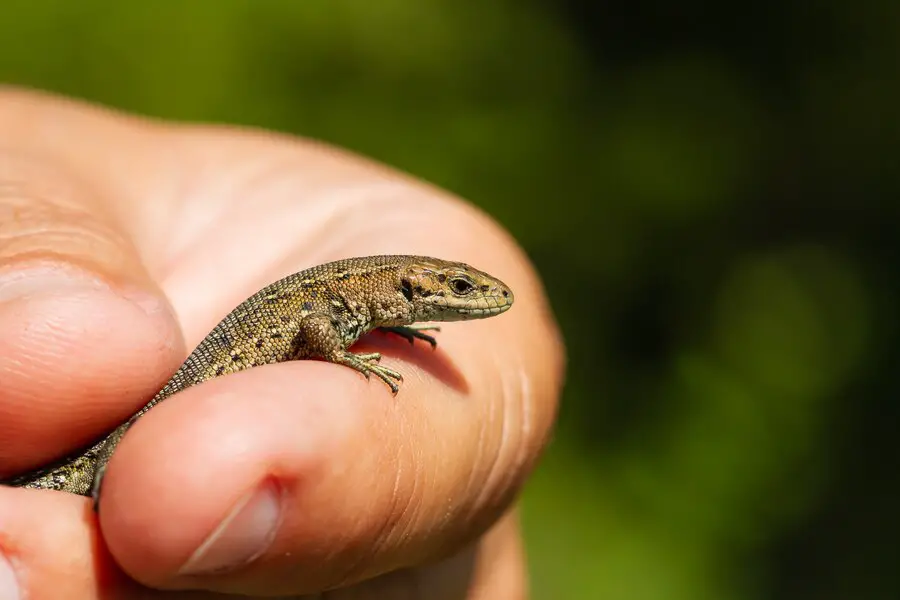
Possible Health Issues
Excessive superworm consumption may lead to potential health issues for your bearded dragon. Imbalances in nutrients, particularly calcium and phosphorus, can arise, impacting bone health. To prevent nutritional deficiencies, emphasize a diverse diet that includes a mix of feeder insects, vegetables, and fruits. This variety ensures your dragon receives a broad spectrum of essential nutrients, promoting overall well-being and reducing the risk of health complications associated with relying solely on superworms. Balancing their diet remains crucial for a thriving and healthy reptilian companion.
Superworms Your Dragon’s Diet
Introducing superworms to your bearded dragon’s diet requires a gradual and cautious approach to prevent digestive issues. Begin with small quantities, allowing their digestive system to adjust. While introducing super worms, keenly observe for any signs of allergies or sensitivities, such as changes in behavior or digestion. If any concerns arise, consult with a reptile veterinarian promptly.
To ensure a diverse and well-rounded diet, consider alternating superworms with other feeder insects, vegetables, and fruits. This practice not only prevents dietary monotony but also provides a broader range of essential nutrients, contributing to your dragon’s overall health and vitality. By incorporating these tips, you can ensure a smooth and successful integration of superworms into your bearded dragon’s feeding routine.
Regular Health Checkups
Regular health checkups for your bearded dragon are essential for ongoing well-being. Schedule routine veterinary visits to monitor their overall health, ensuring early detection of any potential issues. These checkups enable adjustments to be made in their diet, environment, or care plan as needed. Proactive monitoring and adjustments, guided by a reptile veterinarian, contribute to the longevity and quality of life of your beloved bearded dragon. Regular assessments provide the opportunity to address any concerns promptly, promoting a happy and thriving reptilian companion.
Super worm quantity
Adapting the number of super worms in your bearded dragon’s diet based on their growth and development is crucial. As your dragon matures, adjusting portions ensures they receive adequate nutrition without overfeeding. If any concerns about their diet or health arise, seeking advice from a reptile veterinarian is essential.
Professional guidance helps tailor the feeding regimen to your dragon’s specific needs, promoting a balanced diet throughout their life stages. By staying attentive to your dragon’s growth and promptly consulting with a veterinarian when needed, you contribute to their overall health and well-being.
Conclusion
In conclusion, superworms offer essential nutritional benefits for your bearded dragon, including high protein, healthy fats, and a rich supply of vitamins and minerals. However, moderation and balance are paramount to a healthy diet. Emphasizing variety and avoiding overreliance on super worms ensures a well-rounded nutritional profile.
I strongly encourage consulting with a reptile veterinarian for personalized feeding guidance, considering factors like age, size, and health. By maintaining a careful and well-managed diet that includes superworms in moderation, you contribute to the overall happiness and health of your cherished bearded dragon.
